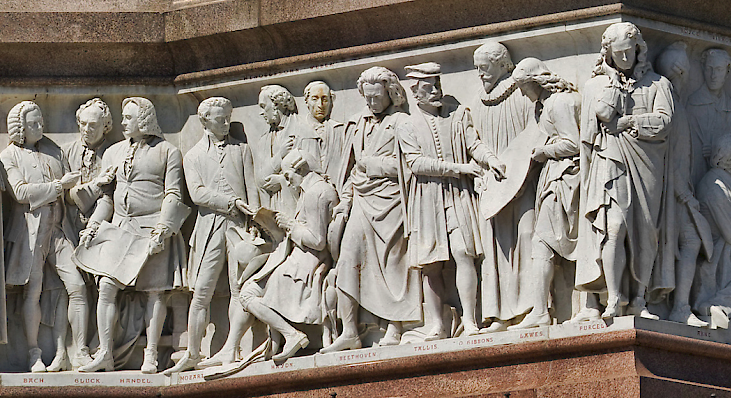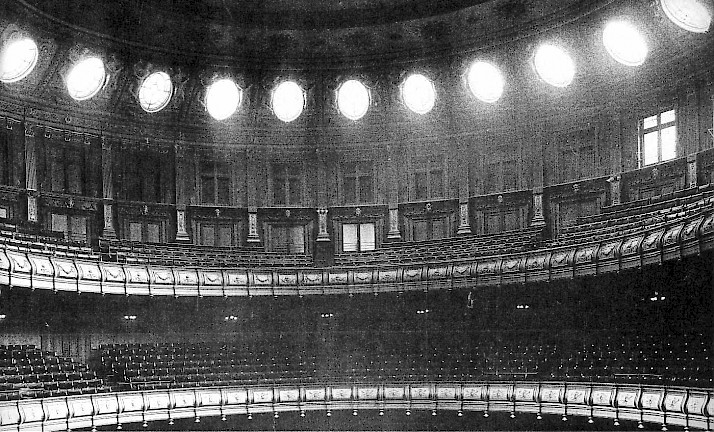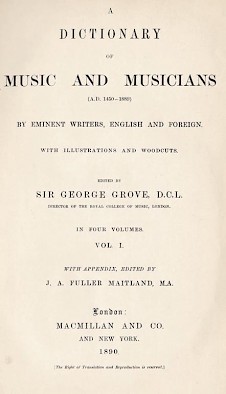Loose canons
'From Repertory to Canon and Back: Engineering Value in Music'. Invited contribution, 'Loose Canons Symposium', with respondents Stefan Collini and Isobel Armstrong, Cambridge Victorian Studies Group, Newnham College, Cambridge, 28 May 2010

This talk was given to a group of scholars hosted by the Cambridge Victorian Studies Group. Focusing on canonization in art, music, literature, political thought and science, speakers were asked to consider how ideas in their disciplinary area became canonized, why the Victorians had such strong interest in establishing canons, how canon formation related to the shaping of disciplines, and how the British experience differed, or not, from that of other European countries.

After exploring music's additional dimension of performance and its implications, my talk compared two case studies to demonstrate the ongoing creative dynamic between music in a 'repertory' and music we consider to be 'canonic'. These are not the same thing. Yet one may lead to the other, forward or back, as knowledge of past music progresses intellectually and as continual streams of new music enrich the listening experience of widening audiences: past and present work together to subtly change what we value. My two case studies were George Grove's Dictionary of Music (1879-1889) and the Queen's Hall Promenade Concerts conducted by Henry J. Wood (1895-1914). 
'splendidly clear ... full of interesting stuff'
Stefan Collini, professor of English literature and intellectual history
'you were the star of the show'
Peter Mandler, professor of modern cultural history
 Langley
Langley